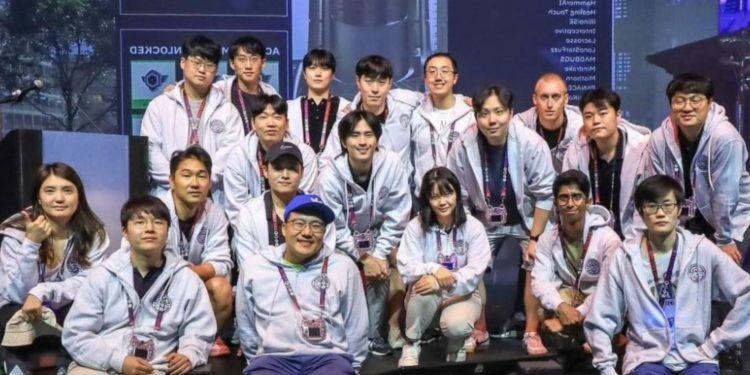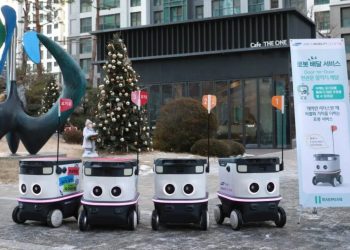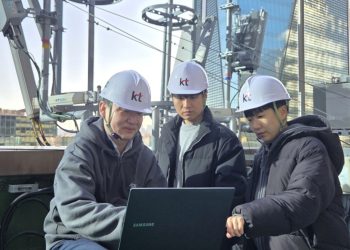Samsung Electronics has advanced to the final round of the AI Cyber Challenge (AIxCC), a prestigious two-year competition organized by the U.S. Defense Advanced Research Projects Agency (DARPA).
The challenge, designed to support AI-based cybersecurity innovations, aims to enhance the security of critical infrastructure systems such as transportation, power, and healthcare. The total prize pool for the competition is $20 million.
Samsung’s Team Atlanta, which includes over 30 security experts from Georgia Institute of Technology, New York University (NYU), Korea Advanced Institute of Science and Technology (KAIST), Pohang University of Science and Technology (POSTECH), and Samsung Research, has emerged as one of the top seven finalists.
The AI Cyber Challenge (AIxCC), hosted by DARPA and DEF CON, plans to advance AI technologies for securing large-scale software systems. Teams compete to identify and address vulnerabilities in complex software environments. The competition supports the development of innovative solutions for safeguarding critical infrastructure such as transportation, public utilities, and healthcare.
Samsung’s Team Atlanta, a collaboration between Samsung Electronics and leading academic institutions, progressed to the semifinals held at DEF CON 32 from August 9 to 11, 2024. The team’s AI-driven security system successfully detected genuine vulnerabilities in large-scale software systems and applied effective patches, distinguishing itself by uncovering real-world flaws not pre-set by the competition organizers.
Team Atlanta has been awarded $2 million in research funding for their performance and will advance to the final round at DEF CON 33 in August 2025. The team will use this funding to refine their technology and prepare for the final stage of the competition.
Taesoo Kim, Vice President of Samsung Research and leader of Team Atlanta, talked about their focus on broadening AI applications and developing countermeasures against various vulnerabilities. “We will thoroughly prepare for the final round by exploring diverse AI applications and deepening our research into programming languages and security measures,” he said.
As cyberattacks have become more frequent, the role of AI in cybersecurity is increasingly crucial. Analyzing extensive data sets allows AI systems to predict and address emerging threats more effectively. Generative AI, in particular, enhances security by improving the understanding of software programs and automating responses to various security issues, thus significantly increasing efficiency in the sector.
Also Read:
- SK Telecom-Backed Rebellions and Sapeon to Merge to grow in the South Korea’s AI Chip Sector
- The Debate Over AI in Classrooms: South Korea’s Bold Move Meets Resistance
- New BMS by Hyundai and Kia to Prevent EV Fires and Enhance Driver Safety
- KT and LG Electronics Partner to Lead Global 6G Standardization Efforts
- Hyundai and Kia Launch Free EV Inspections in Response to Fire Safety Concerns







